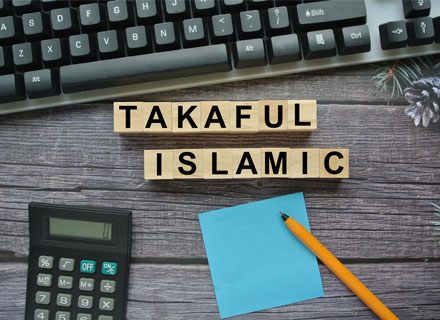According to the latest information, the financial services industry in the UAE has experienced growth in the use of insurance products that adhere to Islamic principles.
According to a report from the UAE central bank, the number of written Takaful or Islamic insurance plans issued throughout the emirates increased by over 20% to 992,106 in 2021 from 820,517 in 2020.
Gross written contributions (GWC) from Takaful insurance companies reached AED 4.35 billion (USD 1.2 billion) that year, which was 0.51% more than the AED 4.32 billion recorded in 2020.
Almost 10% of the total gross written premiums in the UAE insurance business came from the Takaful sector’s GWC.
The overall net written contributions (NWC) went from AED 2.3 billion in 2020 to AED 2.46 billion in 2021, an increase of 7.04%.
In the Takaful insurance sector, policies relating to healthcare made up almost 43% of gross written subscriptions, followed by policies covering assets and liabilities (38.3%) and family and fund accumulation (18.1%).
In 2010, the United Arab Emirates (UAE) became the first nation in the Middle East and North Africa (MENA) area to regulate the Takaful insurance market.
A total of 62 insurers have been operating in the UAE as of 2021, 12 of which are Takaful insurance specialists.
According to Alpen Capital’s research from 2022, the UAE is the GCC’s second-largest Takaful insurance market in terms of asset size after Saudi Arabia. Bahrain and Qatar were ranked third and fourth, respectively.
More than 47 listed Takaful operators operate in the region, and their total premiums will reach USD 11.9 billion in 2020, up from USD 10.6 billion in 2018.
Meanwhile, a planned merger between UAE insurers Salama and Takaful Emarat has been called off.
The two entities will now proceed with exploring possibilities for ‘alternative arrangements’ that could include the acquisition of the takaful operations of Takaful Emarat, and not the assets of the company.
“Salama has notified the Central Bank of the UAE with that intention and shall discuss with the regulator the way forward,” the insurer said in a statement.
The merger was supposed to have been done by issuing new shares. If the deal had gone through, it would have been the second big one in successive years in UAE’s insurance sector. in 2022, Dar Al Takaful and Watania went through a high-profile coming together, as UAE insurers moved to consolidate their strengths to take on the changing nature of the post-COVID marketplace.

